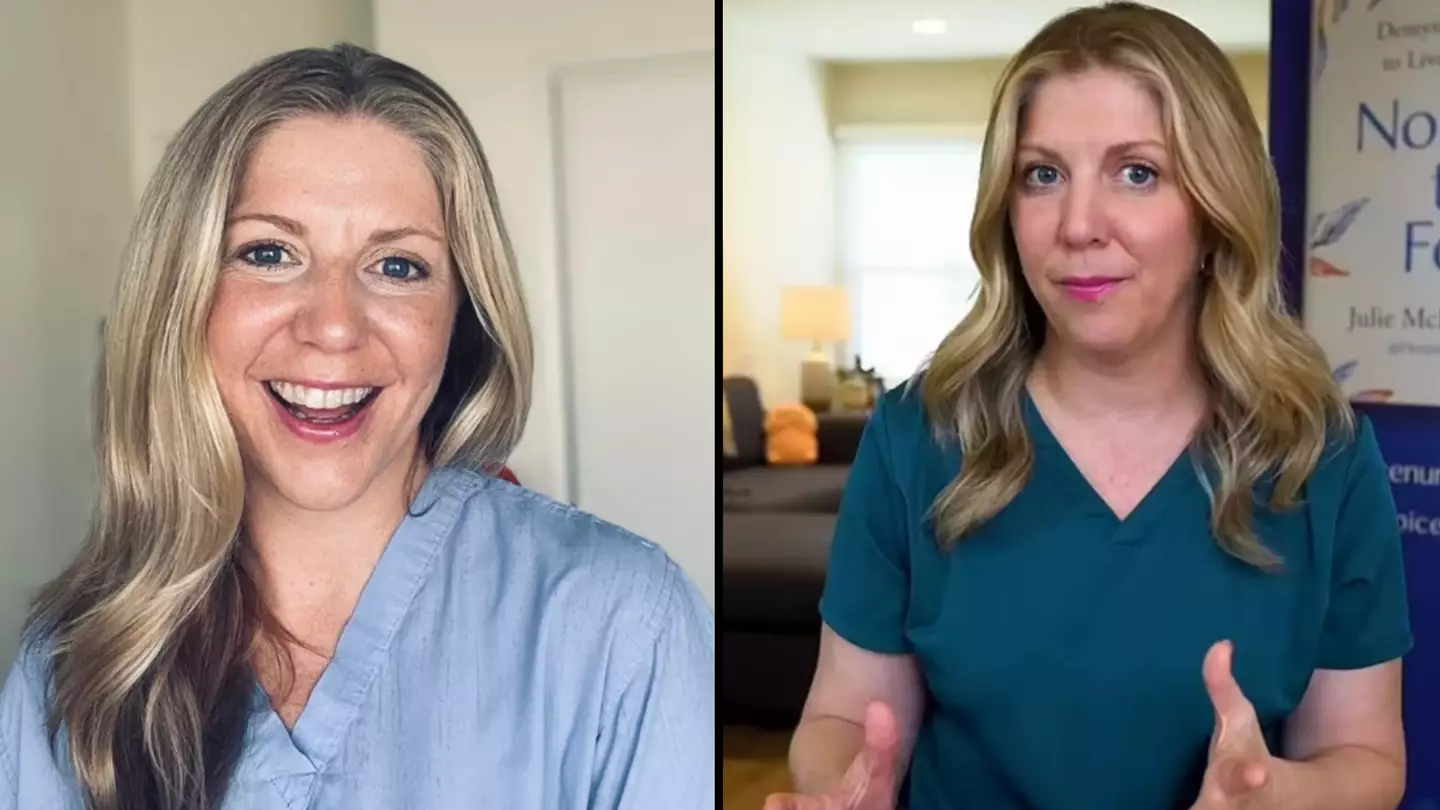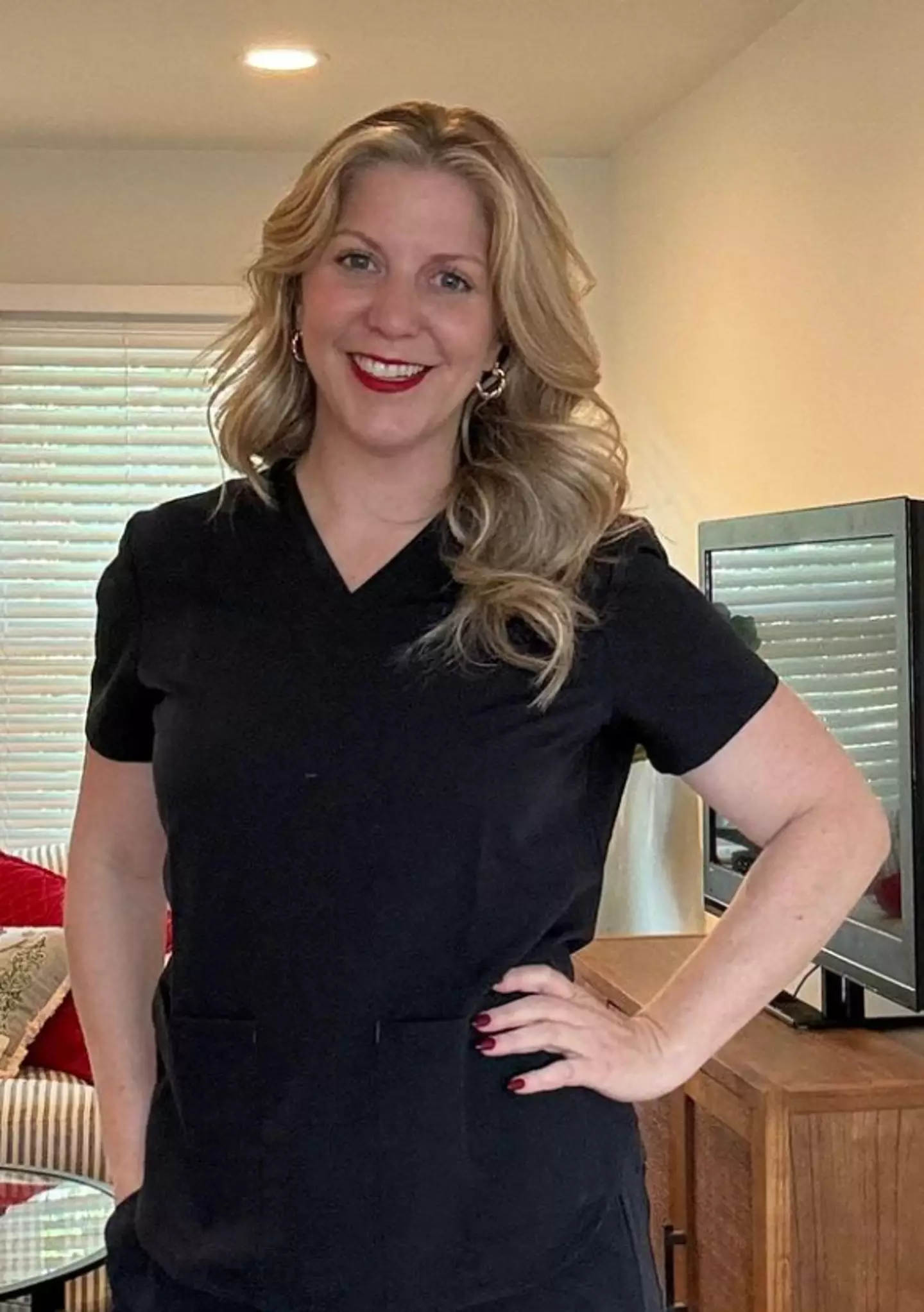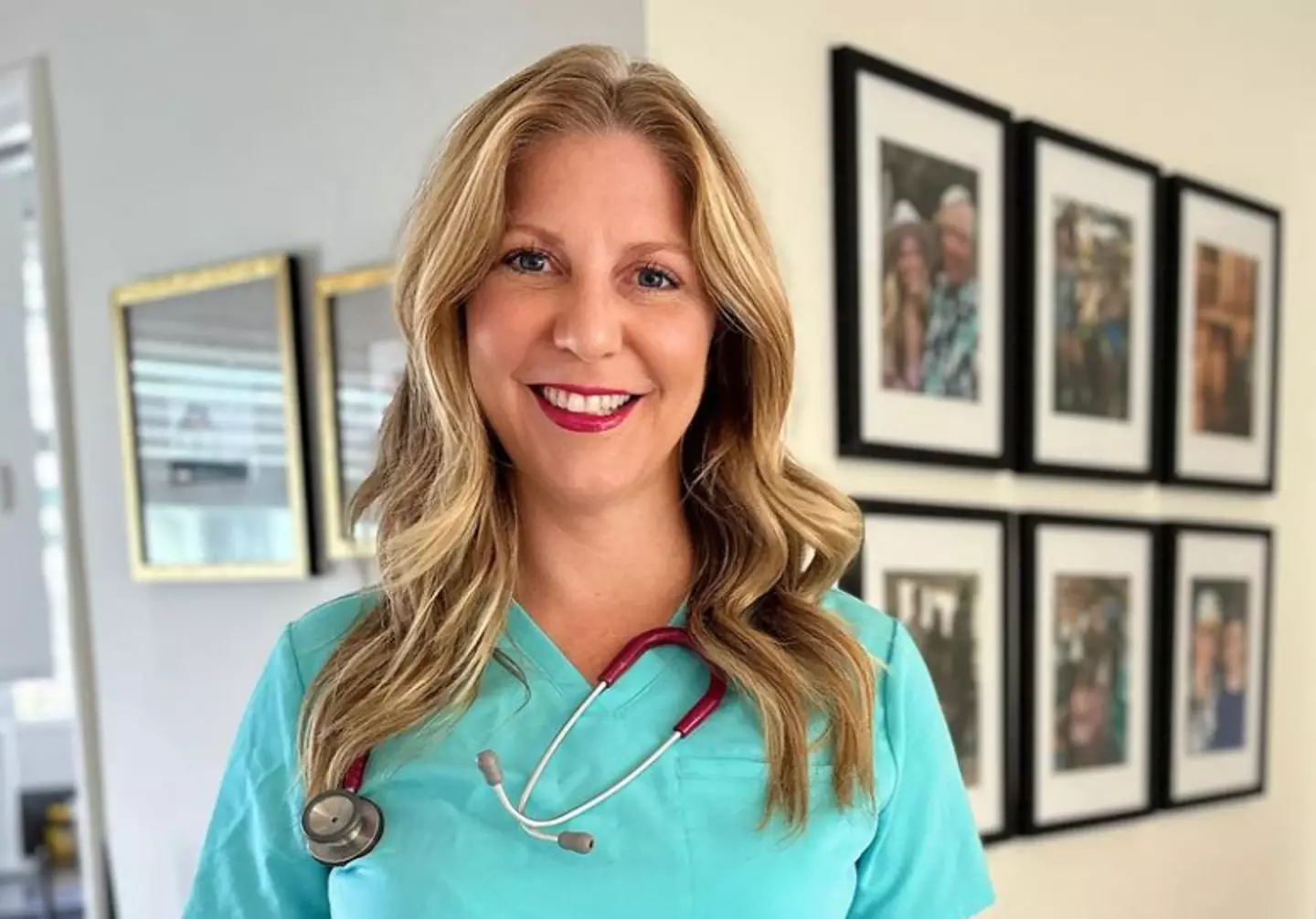
A hospice nurse that has seen several people pass away says that everyone says the same thing when they're about to go - but it's not what you'd expect.
Hospice Nurse Julie, whose real name is Julie McFadden, has built a following across her social media channels, with over 2.5 million followers across all platforms, with over 1.5 million of those coming from TikTok alone.
Specialising in end-of-life care, Julie has shared numerous aspects of death with users with the aim to remove the stigma around death.
Advert
In the past, the health professional has shared several phenomena that happen on your deathbed, some tell-tale signs that someone might be near the end and even why she believes in the afterlife after all of her experience as a hospice nurse.
However, amidst all the internet fame and a best-selling book called Nothing to Fear, Julie still has more wisdom to impart on us when it comes to the death process.
The expert joined Rob Moore on an episode of his podcast 'Disruptors' in an episode that was released on 15 July.
Julie shared that she has seen 'hundreds' of people die in her life of work, and said that people on their deathbed often wish that they didn't spend so much of their life on their job.
But that's not the most mentioned topic, as she reveals to host Rob that it's something much easier to do than that.

Julie explained: “The main thing people say, that I don't hear a lot of people mention, is ‘I wish I would have appreciated my health’.”
In order to practice what they preach, Julie writes a 'gratitude list' each night, including things that everyone takes for granted, such as sight, the ability to walk and other things she is grateful for.
“I like the fact that I can breathe, I'm walking around, I can feel the sunshine – little things like that,” she shared.
“I think the biggest thing I hear from people [who are] dying is that they wish they would have appreciated how well they how well they felt before.”
You may have felt like this after a period of being sick and being able to smell or taste again, but being grateful for it everyday makes it that much sweeter, according to Julie.
Before specialising as a hospice nurse, she worked in an Intensive Care Unit, meaning that she has been around death for a lot of her career - which she opens up on in her book.
The nurse further added: "I believe that people should know about the dying process before they're actually going through it with a loved one or themselves."

The American health expert admitted that she too takes life for granted sometimes, explaining: “I think because of my job it's easier for me to see how how uh once in a lifetime this is fact that everything works together in our bodies to make us live and grow um and I see that in depth too I see how our bodies are biologically built to die.”
Dying is a natural process with nothing to be scared about, and Julie says we all have to accept that, but opened up about how certain US citizens will undergo a cruel death.
“Generally speaking it helps to have money to die well which I think is really unfortunate,” she admits.
Unfortunately, in the US, hospice care isn't free, so working class senior citizens will often be cared for at home in their final days.
Julie highlighted that family can take care of you 24/7, but they won't be qualified to do so, and people working to make enough to survive will financially struggle to support someone in end-of-life care.
“Only people with pretty extreme wealth can do that, which I think is really unfortunate. So I don't think money does make you happy, but it helps it certainly takes stress off of the situation,” Julie stated.
Topics: Health